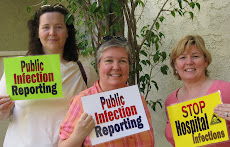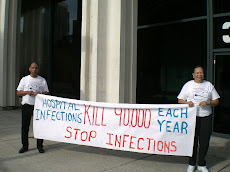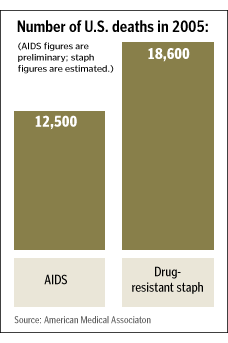An Ohio Supreme Court ruling has limited a patient's opportunity to sue for medical malpractice based on where the treatment occurred and who was present for the treatment.
In Theobald v. University of Cincinnati, the Court ruled that when a physician is negligent in treating a patient, the physician will be immune from liability as long as a medical student or resident was present during the treatment. Basically, under these circumstances, the physician is legally considered to be a state employee acting within the scope of his or her employment, and therefore is immune from civil liability.
Keith Theobald, the plaintiff in the above-referenced case, was injured in a serious auto accident. Afterward, Theobald was treated at University Hospital, a private hospital, but one which is affiliated with the University of Cincinnati. After treatment, Mr. Theobald awoke to find himself blind and with worsened paralysis. He sued the treating physicians but, ultimately, was precluded from having his day in court.
The Supreme Court first determined that Theobald's treating physicians were immune from liability as employees of the state because they were “teaching” or supervising students from a state medical school. The physicians had privileges at University Hospital, and they performed the treatment resulting in this case at the hospital.
Even though the physicians were employees of the state, they would only enjoy immunity from civil liability if the Court determined that they were acting within the scope of their state employment during the time of the alleged negligence.
Theobald argued that because the doctors’ private practice billed for the procedure, this was evidence that the doctor was not “teaching.” However, the Supreme Court determined that the focus must be on the “employment relationship” as opposed to the business or financial arrangements. If the physician was “educating a student or resident when the negligence occurred,” then the physician will be immune. In other words, the doctor is immunized whenever negligence occurs in the presence of a student.
The Court's ruling in this regard creates a controversial precedent for Ohio citizens and physicians. One of the roles of an attending physician at University Hospital is to teach the medical students and residents. The Court determined that the treating physicians were acting within the scope of their state employment because they were teaching a resident while delivering medical care to Theobald. The Court found this to be true no matter what “percentage” of the procedure was actually teaching. However, as Justice Pfeifer noted in his dissenting opinion, “the mere presence of a student does not establish that instruction is taking place.” The ruling extends immunity to a physician merely because a student was present, even if the only thing the student was doing was observing. Pfeifer also noted that when the state is a defendant, the Court of Claims has jurisdiction. However, jury trials are not permitted in the Court of Claims. This would effectively deny medical malpractice plaintiffs their constitutional right to a jury trial.
This ruling will change the remedies available to Ohio patients who find themselves the victim of medical malpractice when a student is involved in any aspect of the procedure. By allowing physicians (and their malpractice insurance companies) to avoid liability by having a resident present for treatment, patients who are treated at hospitals will be left with no one to sue if they are injured and legitimately deserve to be compensated.
ABC6 News Report http://www.abc6onyourside.com/shared/newsroom/top_stories/videos/wsyx_vid_3942.shtml
Subscribe to:
Post Comments (Atom)









No comments:
Post a Comment